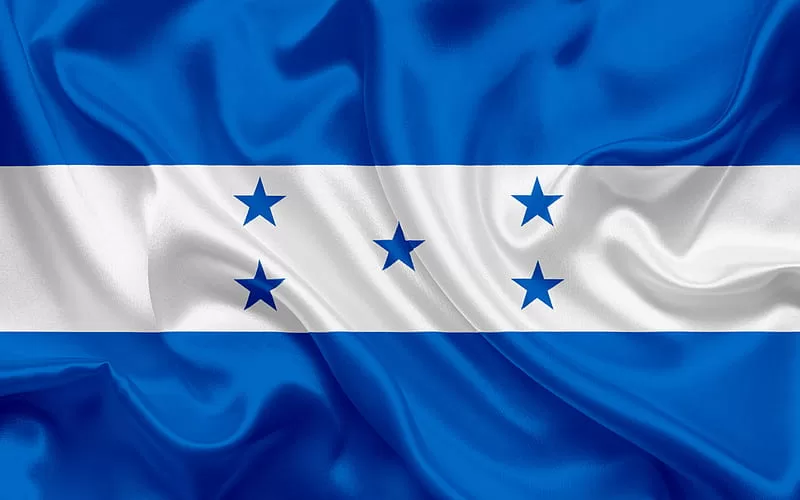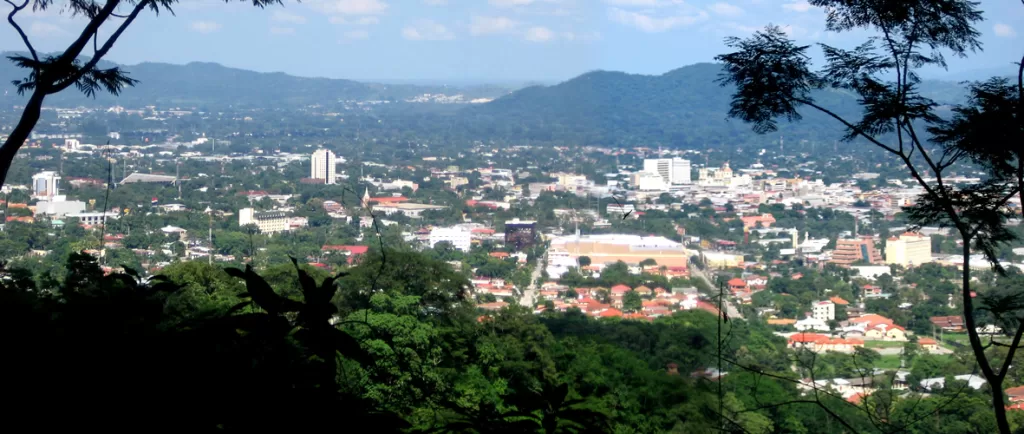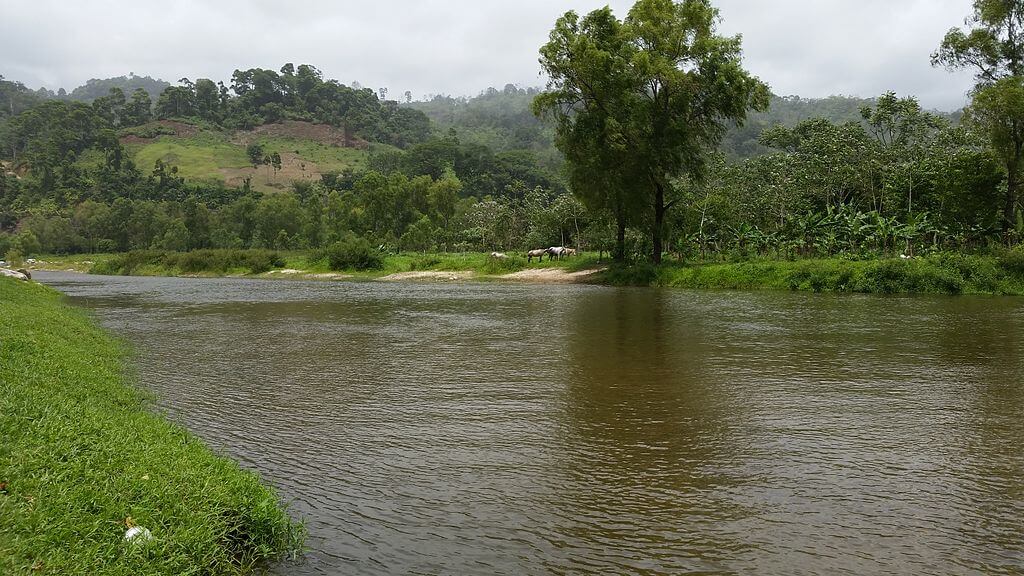Honduras Country Report

Honduras, located in Central America, is known for its rich cultural heritage, diverse landscapes, and agricultural resources. The country’s capital and largest city is Tegucigalpa. Honduras has a mixed economy, with agriculture, manufacturing, and tourism playing significant roles. However, poverty, inequality, and crime are prevalent, particularly in urban areas. The country faces challenges such as political instability, corruption, and inadequate infrastructure, including transportation networks and healthcare facilities. Honduras is also vulnerable to natural disasters, including hurricanes, floods, and earthquakes, which can cause significant damage and hamper development efforts. Efforts to address these challenges include initiatives to promote economic growth, improve governance, and enhance resilience to environmental risks. Despite these efforts, Honduras continues to face socio-economic challenges that require sustained attention and international cooperation.
Last updated: April 8, 2022
Security
Honduras faces significant security challenges, including high levels of violent crime, gang activity, and drug trafficking. The country has one of the highest homicide rates in the world, with violent crime being a major concern for residents and visitors alike, particularly in urban areas such as Tegucigalpa and San Pedro Sula. Gang-related violence, extortion, and organized crime further contribute to insecurity and instability. Additionally, Honduras serves as a transit point for drug trafficking routes, leading to increased violence and corruption. The Honduran government, with support from international partners, works to address these security challenges through law enforcement efforts, anti-gang initiatives, and judicial reforms. However, persistent challenges such as weak institutions, poverty, and social inequality continue to hinder progress in improving security and stability in Honduras. Travelers are advised to exercise caution and remain vigilant, especially in areas known for crime and violence.
Last updated: April 25, 2022
Infrastructure

Honduras’ infrastructure faces several challenges, hindering economic development and public services. While the country has an extensive road network, many roads are in poor condition, particularly in rural areas, which can impede transportation and trade. Additionally, the country’s ports and airports require modernization and expansion to meet growing demand and facilitate international trade. Access to reliable electricity and clean water is inconsistent, particularly in rural and marginalized communities. Furthermore, Honduras’ healthcare and education infrastructure suffer from underinvestment and lack of resources, resulting in inadequate facilities and services. Efforts to improve infrastructure are underway, with investments in road upgrades, energy projects, and public utilities. However, significant challenges remain, requiring sustained investment and effective governance to address Honduras’ infrastructure deficiencies and support sustainable development.
Last updated: April 25, 2022
Environment

Honduras is endowed with diverse ecosystems, including tropical rainforests, coastal mangroves, and coral reefs, which support rich biodiversity and provide vital ecosystem services. However, environmental degradation poses significant challenges to Honduras’ natural environment. Deforestation, primarily driven by agricultural expansion, logging, and infrastructure development, threatens biodiversity and contributes to soil erosion and habitat loss. Additionally, illegal logging and land encroachment exacerbate these issues. Honduras is also vulnerable to climate change impacts, including extreme weather events such as hurricanes, floods, and droughts, which can have devastating effects on communities and ecosystems. Efforts to address these environmental challenges include conservation initiatives, reforestation projects, and sustainable land management practices. International cooperation and support play a crucial role in promoting environmental protection and climate resilience in Honduras. Despite these efforts, ongoing vigilance and action are needed to safeguard Honduras’ natural heritage for future generations.
Last updated: March 14, 2022
Health and Medical
Honduras faces challenges in its healthcare sector, including limited access to medical services, inadequate infrastructure, and shortages of medical personnel and supplies. The country struggles with high rates of infectious diseases, such as malaria and dengue fever, as well as chronic conditions like diabetes and hypertension. Access to clean water and sanitation facilities is also limited, contributing to the spread of waterborne diseases. Efforts to improve healthcare delivery and infrastructure are ongoing, but significant investments and international support are needed to address the systemic challenges facing Honduras’ healthcare system.
Last updated: March 30, 2022
Political
Honduras has faced political instability and governance challenges, including corruption and human rights concerns. The country has experienced several political crises, including coups and disputed elections, which have led to tensions and protests. Corruption remains a significant issue, impacting institutions and undermining public trust. Human rights abuses, including violence against journalists and activists, are also reported. Efforts to strengthen democracy and promote transparency are ongoing, but political polarization and social inequality persist as key challenges in Honduras. International scrutiny and support are important in addressing these issues and promoting democratic governance in the country.
Last updated: March 25, 2022















